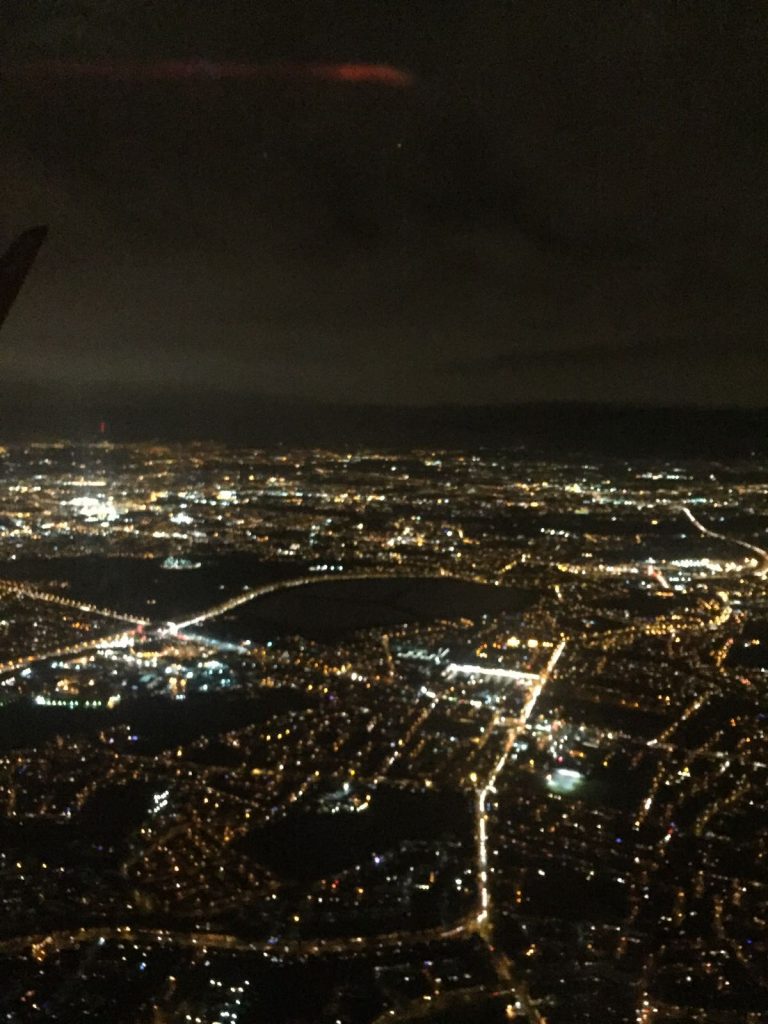Now that the sappy part of this essay is for the most part over, apologies for my sentimental outpourings, I would like to move on. From the rather unfortunate circumstances that English found me in, to where we are today.
With not much more to do through my formative years than watching Doctor Who, Sherlock and Downtown Abbey while imitating the oh-so-charming accents I heard in these programmes, I would accumulate a rather large vocabulary, as well as a British accent. These days, when people hear me speak, in a classroom setting or elsewhere, they usually assume that my accent stems from a year abroad. And I won’t hide the fact that it does inflate my ego just a little bit every time I get to correct them and say that I am in truth self-taught (I leave out the traumatic abandonment part of the story most of the time; it simply doesn’t have as nice a ring to it, and, in my experience, tends to drag the mood down quite a bit).
The first time I did visit an English-speaking country was after secondary school. It had been my wish to visit London for years, and so finally at the age of fifteen, I travelled there by myself (a decision that my mother was surprisingly on board with). There had always been something about the city that had drawn me to it, and the night I arrived, it took no more than a single sighting of the city lights reflecting in the pitch-black Thames water for me to completely fall in love. I really believe that on that trip I left a piece of my soul in the night sky over London.
Since then I’ve visited the city three more times and still it never fails to take my breath away. So weirdly familiar, like I had always been there, or maybe meant to be there – it’s a sense of home that doesn’t need a domicile to feel real. All this accompanied by the fact that not standing out as a tourist, at least in my mind, and being able to stroll around and pretend to belong there just gives me the greatest feeling of accomplishment.
While in London with my mum last year, she let me handle all the talking (as well as the navigation on the underground, one of my guilty pleasures when in the city. What a joy it is to know which way you’re going.). She was fascinated by me chatting with a member of staff at the Camden Market tube station, mostly, she told me afterwards, because I kept using ‘slang’ or simply colloquial language (I suspect she meant I had developed a bit of a habit of using the greeting ‘hiya’ ever since I had briefly visited Huddersfield the year before). The pride in my mother’s eyes at seeing, or rather hearing, her daughter confidently communicate in a foreign language was not only the greatest reward for my efforts thus far, but also the best motivation to keep pushing myself to be better and to hopefully one day complete the perfection of my English.
Having received a certain certificate from some supposedly smart people better qualified to judge my abilities than me which says, black ink on white paper, that I am already a level C2 when it comes to English, both written and spoken, also boosts my confidence that my goal is really achievable in my life time. English is a huge part of my life. From writing my first poetry in sixth grade to unironically reading Shakespeare plays today, it has given me more than could ever fit on two pages. It may be words, words, mere words to some, but for me it’s a matter from the heart.
Author and picture: Lea Meerkamp



